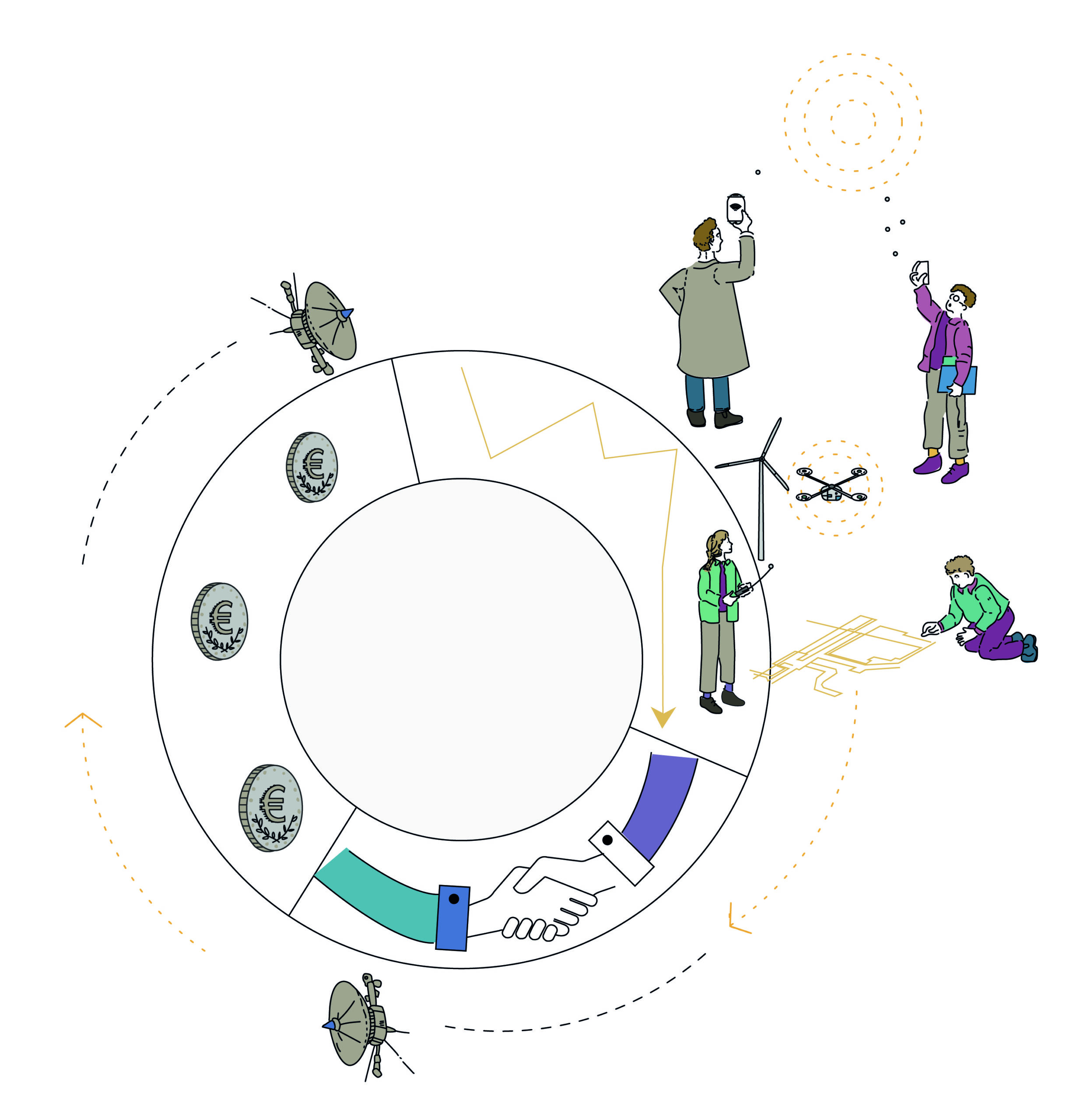Before considering SEP licensing, it is useful to understand how this arises in the first place through SDO IPR policies and the FRAND commitment given by SEP owners.
Q5. What is an IPR Policy?
Most SDOs will have an Intellectual Property Rights (IPR) or Patent Policy, which governs how intellectual property rights belonging to its members/participants and the organisation itself are managed. The most common provisions will relate to the copyright in the material contributed to the SDO and which may end up in the final standard. However, it is also important for the IPR policy to govern patent rights where there is a risk that patented technology may be included in a standard developed by the SDO.
This is because a patent owner may (theoretically, at least) use the fact that its patented technology is included in a standard to prevent market adoption of the standard by claiming infringement of the standard. Or because the patent owner may seek unreasonably high royalties once the standard is adopted by a market. To reduce the risk of this happening, SDOs typically seek an assurance of some kind from their patent-owning members to ensure that others can access/use their standards on reasonable terms. This is also to avoid antitrust/competition law concerns.

Q6. What is a FRAND Commitment?
The assurance of access, mentioned above, can be accomplished in a number of ways, such as a royalty-free licence from the SDO members or a promise not to assert a patent right. However, such assurances do not allow the patent owner to benefit from their inventions. Therefore they do not provide an incentive to contribute new technologies to standards.
Nevertheless, many SDOs consider it desirable to provide such incentives to help ensure market adoption and success of their standards. In order to balance the interests of patents owners and those implementing the standard, SDOs therefore seek commitments from their members that they are willing to license their patented technologies incorporated into a standard, i.e. SEPs, on fair, reasonable and non-discriminatory (FRAND) terms and conditions.
The FRAND licensing commitment therefore allows the patent owner to still license its patents to users of its technologies and therefore obtain royalties for its inventions contributed and successfully adopted in a standard. This helps provide the patent holder a return on its R&D investments, which in turn helps further incentivise the patent holder to research and help develop the next generation of standardised technologies. In essence, it creates a virtuous circle of R&D, standardisation, patenting, licensing and re-investment into R&D.
SDOs do not themselves engage in licensing. This is left as a commercial matter between the patent owner and user/implementer of the standard, and ultimately a court in the case of a dispute.
